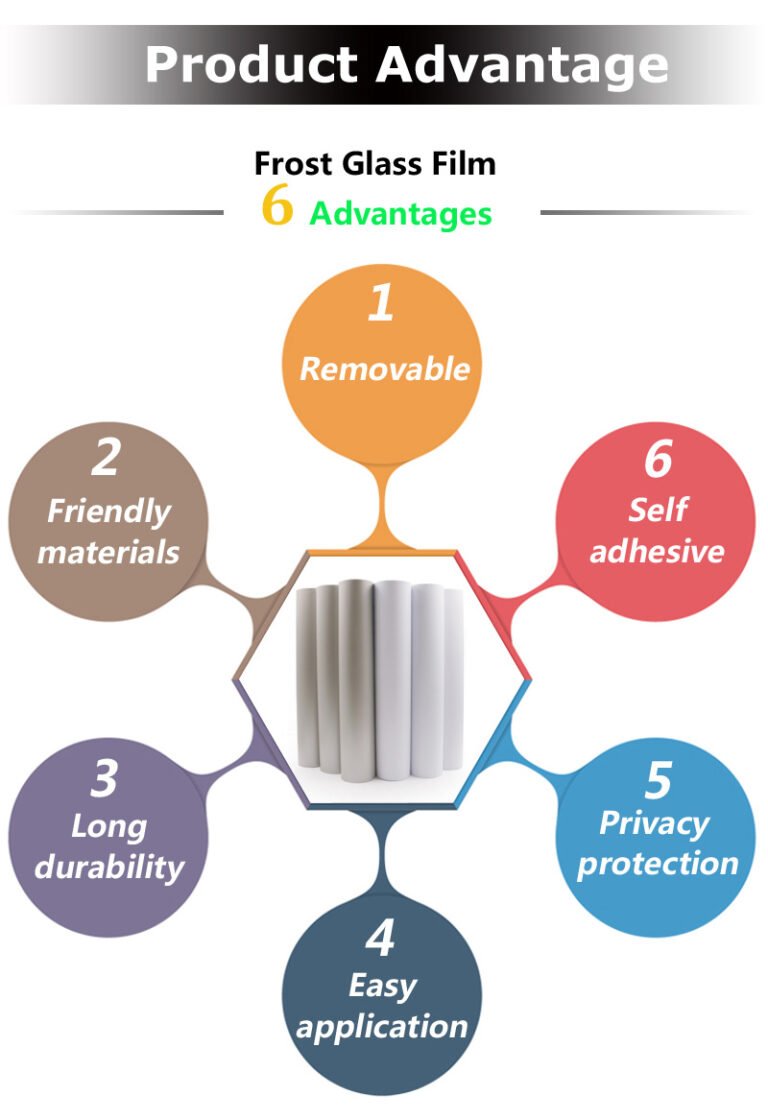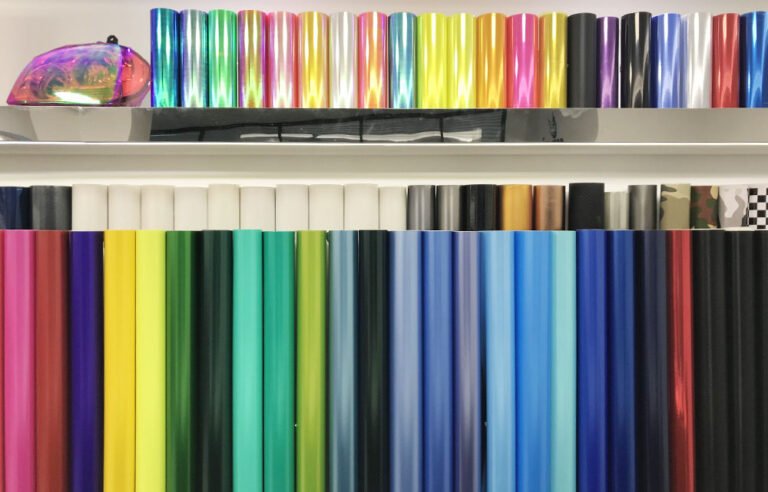Different Types of Glass Window Tint Film: A Comprehensive Overview
Glass window tint film offers a range of benefits, from enhancing privacy and security to reducing heat and glare. To make an informed choice for your window tinting project, it’s important to understand the different types of glass window tint film available in the market. Each type has its own unique characteristics and purposes, catering to various needs and preferences.
- Dyed Window Tint Film: Dyed window tint film is created by applying a layer of dye to a polyester film. This type of film absorbs solar heat and blocks a significant amount of sunlight. It also adds a stylish, non-reflective appearance to windows. However, dyed window tint film is less effective in reducing heat compared to other types.
- Metalized Window Tint Film: Metalized window tint film incorporates tiny metallic particles into the film’s construction. These particles create a reflective surface that helps to block heat and UV rays. Metalized films offer good heat rejection properties, high durability, and a sleek appearance. However, they may interfere with electronic signals, such as cell phone reception or GPS systems.
- Carbon Window Tint Film: Carbon window tint film is composed of carbon particles embedded within the film. This type of film provides excellent heat rejection, blocks UV rays, and reduces interior fading. Carbon films are known for their non-reflective, matte finish and superior durability. They also have minimal interference with electronic signals.
- Ceramic Window Tint Film: Ceramic window tint film is manufactured using advanced technology that integrates ceramic particles into the film’s layers. This type of film offers excellent heat rejection, UV protection, and glare reduction. Ceramic films are known for their clarity, allowing for optimal visibility both during the day and at night. They do not interfere with electronic signals and provide superior durability.
- Hybrid Window Tint Film: Hybrid window tint film combines multiple technologies, such as dyed, metalized, and ceramic, to achieve a balance between various properties. These films provide a blend of heat rejection, UV protection, and optical clarity. Hybrid films are designed to offer a versatile solution that meets different tinting needs.
By familiarizing yourself with these different types of glass window tint film, you can make an informed decision based on your specific requirements, whether it’s heat reduction, UV protection, or aesthetic appeal. Consulting with a professional window tinting provider can further assist you in selecting the right type of film for your project.
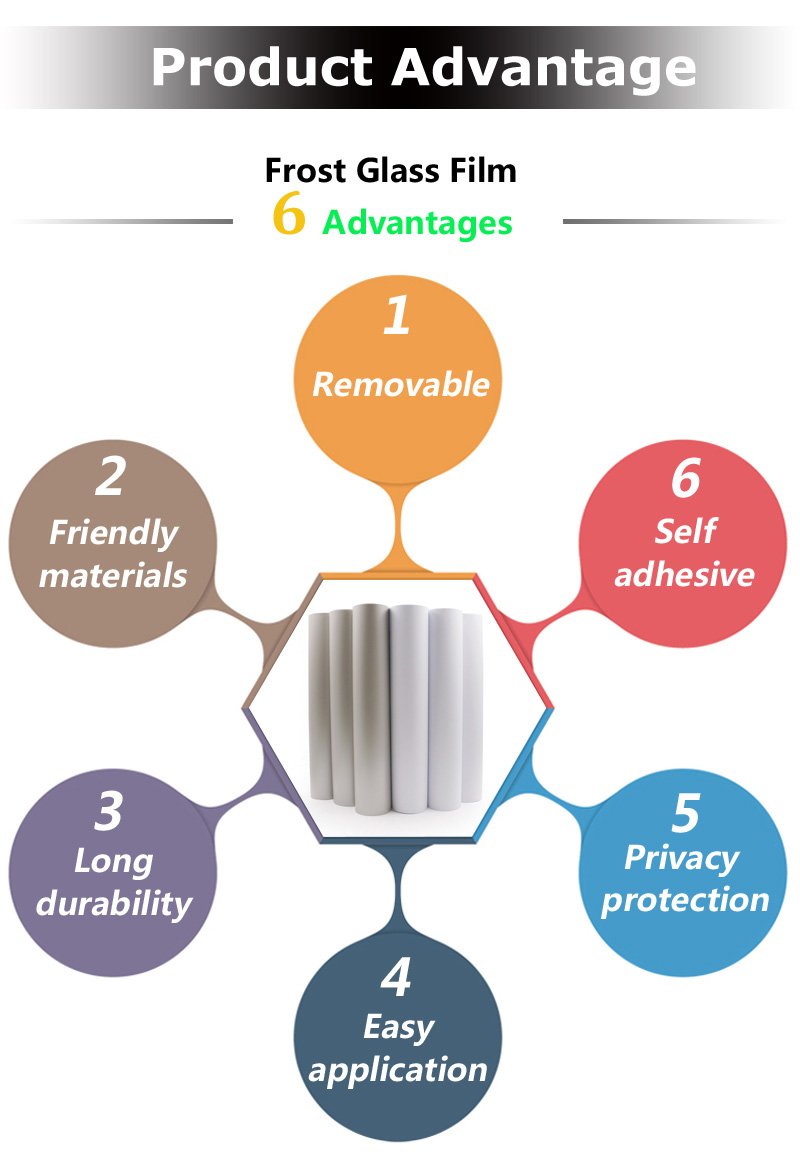
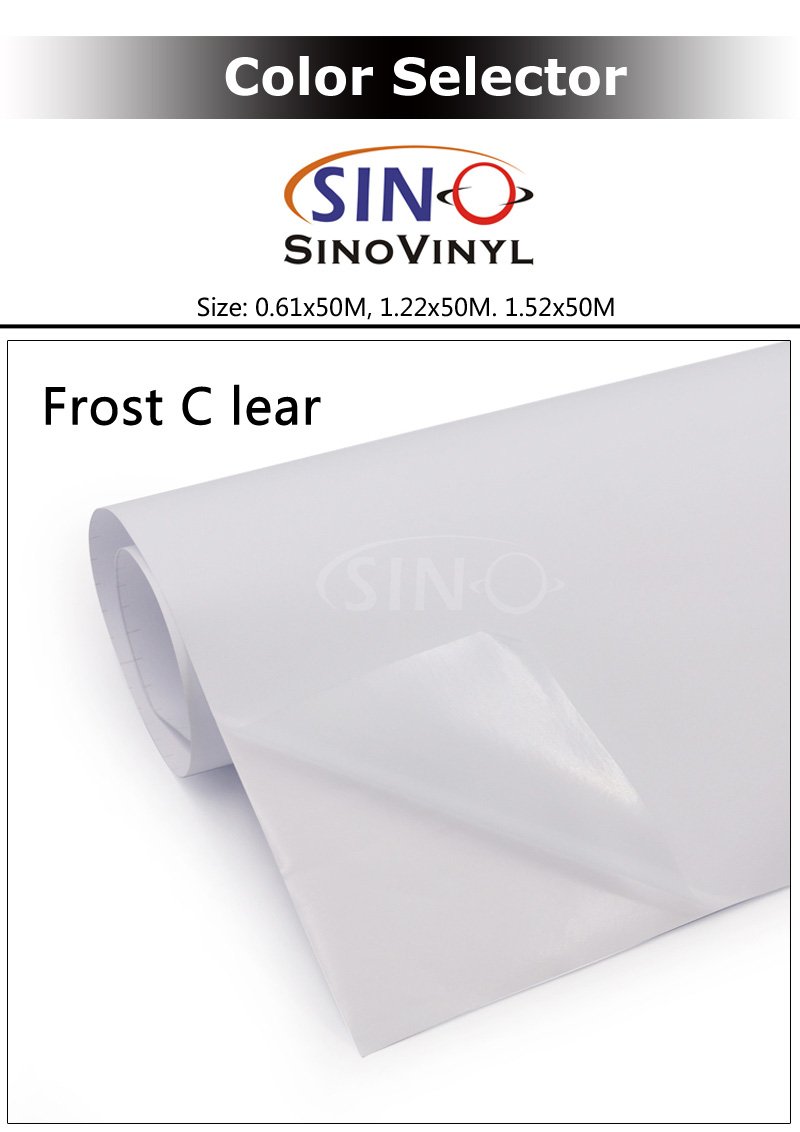
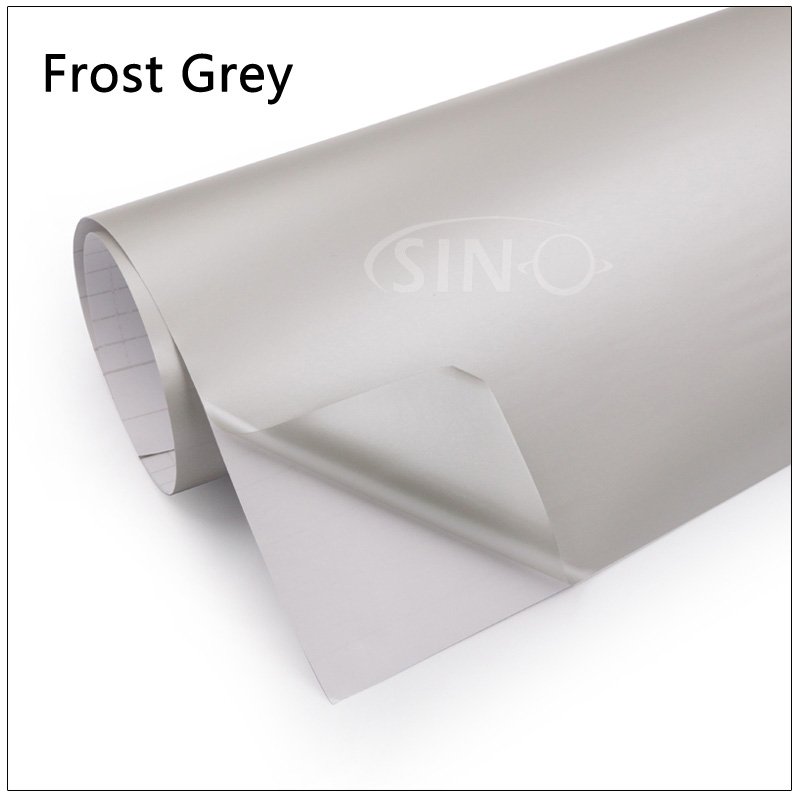
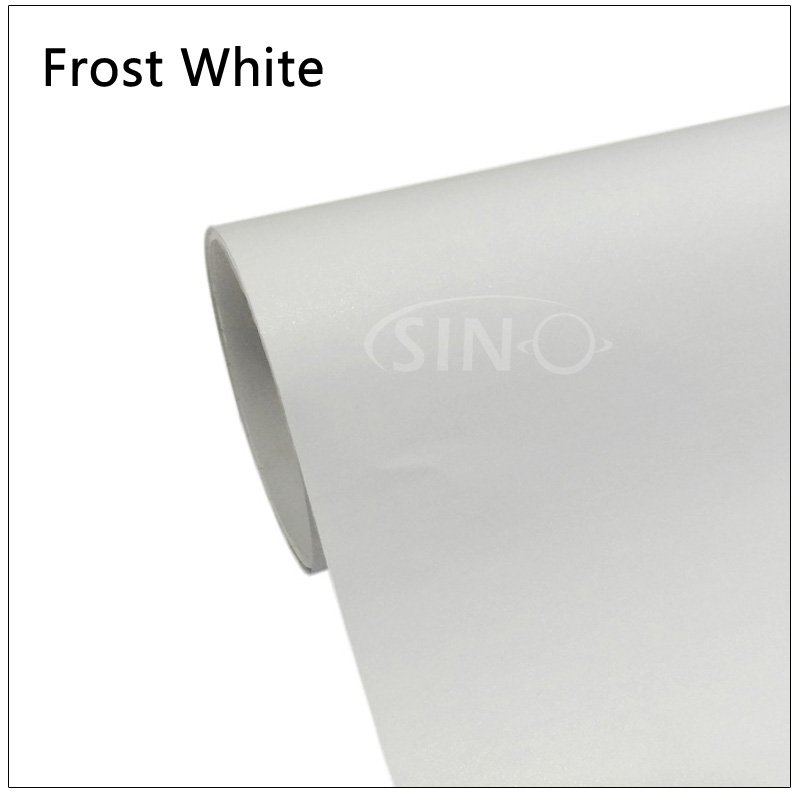
Understanding the Benefits of Glass Window Tint Film for Homes
Glass window tint film offers several benefits for homes, making it a popular choice among homeowners. Here are some of the key benefits of glass window tint film:
- Improved Energy Efficiency: One of the significant advantages of window tint film is its ability to enhance energy efficiency in homes. It acts as a barrier against solar heat gain, helping to keep your home cooler in the summer months. By reducing the amount of heat entering your home, you can decrease your reliance on air conditioning, which can lead to energy savings and lower utility bills.
- UV Radiation Protection: Glass window tint film can block up to 99% of harmful ultraviolet (UV) rays from the sun. UV rays can cause fading and damage to your furniture, flooring, and other interior elements over time. Window tint film helps to protect your belongings from UV radiation, preserving their color and extending their lifespan.
- Glare Reduction: Excessive glare from sunlight can be a nuisance, causing eye strain and discomfort. Glass window tint film helps to reduce glare by filtering out the intense brightness of sunlight. This makes it easier to work on computers, watch television, or simply relax in a sunlit room without being bothered by harsh glare.
- Enhanced Privacy: Window tint film provides an added layer of privacy for your home. It reduces the visibility from the outside, making it more challenging for passersby to see into your living space. This is particularly beneficial for ground-level windows or homes located in close proximity to neighbors.
- Increased Security and Safety: Glass window tint film can improve the security and safety of your home. The film adds a layer of protection to your windows, making them more resistant to shattering. In the event of an accident or attempted break-in, the film helps hold the glass together, reducing the risk of injury from flying shards.
Overall, glass window tint film provides numerous benefits for homeowners, including improved energy efficiency, UV radiation protection, glare reduction, enhanced privacy, increased security, and decorative options. It is a versatile solution that not only enhances the comfort and functionality of your home but also adds value and style.
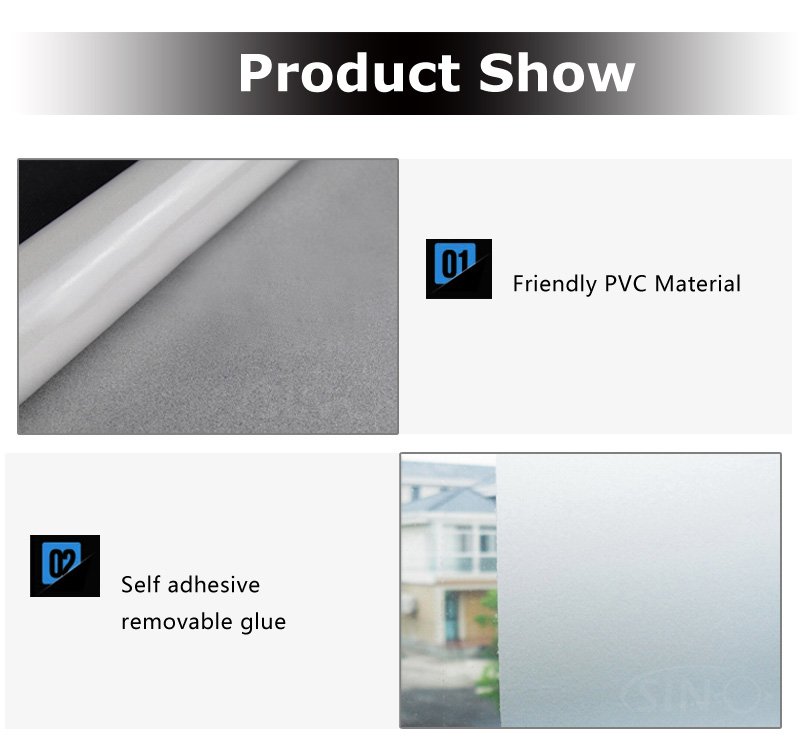
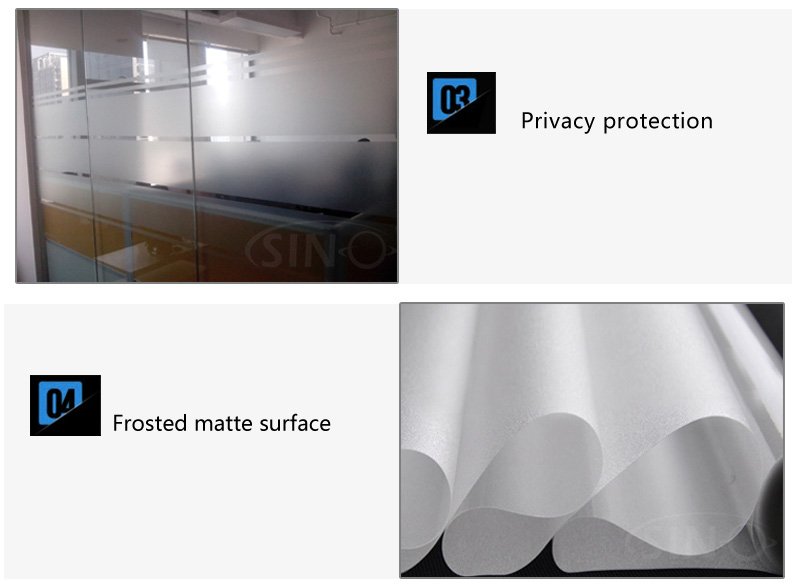
Final Words
In conclusion, this comprehensive guide has shed light on all the essential aspects of glass window tint film. From understanding its various types and benefits to exploring its applications in different settings, you now have a solid foundation of knowledge. By choosing the right glass window tint film, you can transform your space, enhance privacy, protect your belongings, and improve energy efficiency. Remember to consider factors like legal regulations, maintenance, and cleaning to ensure optimal performance. Whether you’re a homeowner, business owner, or car enthusiast, glass window tint film offers a versatile solution that combines functionality with style. So go ahead and embark on your window tinting journey to enjoy the multitude of advantages it brings. Discover the magic of glass window tint film and unlock a world of possibilities for your windows.

